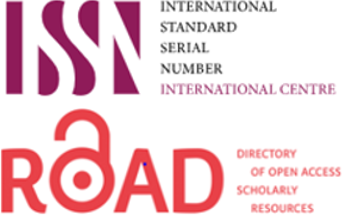Clients' Perspective towards Family-centered Care Health Services of Family-provider Partnership
DOI:
https://doi.org/10.58897/injns.v35i2.470Keywords:
Evaluation, Late Adulthood, Knowledge, Social FrailtyAbstract
Abstract
Objective: The purpose of this study is to investigate the family-centered care health services of family-provider partnership in Baghdad/ Iraq.
Methods: A descriptive cross-sectional study is conducted in Baghdad Province. A cluster samples of 440 clients who review family centered care for the purpose of health services. The instruments underlying the study phenomenon deals with client's socio-demographic characteristics and family centered care questionnaire which include (partnership related to decision-making team, supporting the family as the constant in the child’s life, family-to-family and peer support and supporting transition to adulthood). The reliability of the questionnaire was achieved through a pilot study and then presented to experts to prove its credibility. The data were collected by using interview techniques method and analyzed through the application of descriptive and inferential statistical analysis.
Results: Findings show participants age, the mean age for clients' is 39, the age 20-29 years old were recorded the highest percentage among (n=179; 40.7%), female were predominated among clients who reviews family-centered care (n=281; 63.9%), the illiterate clients were records the highest percentage (n=97; 22%), most of reviews health services in terms of vaccines (n=188; 42.7%). The clients who included in the study sample were expressed a poor level of family-provider partnership. There were significant differences in family-provider partnership health services with regard to clients' education level and types of services were received at p-value <0.05.
Conclusion: Partnerships between family and providers are out of the ordinary. In order for a fast evolving health care system to be effective, family-provider collaboration in care design, delivery, and assessment is essential. To improve care and results, stakeholders are increasingly recognizing the importance of focusing care on the patient and incorporating patient and family viewpoints.
Recommendations: Family health centers need to be monitored and evaluated periodically with regards to providing health care services according to the standard, which is reflected in gaining the confidence of the individual in the health center. , Further researches need to be conducted in evaluating the quality of health services of family health care centers, based on international standards approved by international health organizations.















